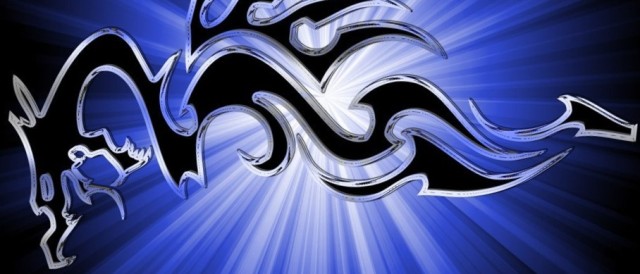**The Symbolism of Traditional Tattoos**
Tattoos have been a part of human culture for thousands of years, with ancient mummies and artifacts bearing the ink-stained evidence of these permanent body markings. While modern tattoos are often decorative or commemorative, traditional tattoos from indigenous cultures around the world are deeply symbolic, carrying rich meaning and significance.
**Polynesian Tattoos**
**Japanese Irezumi**
Heavily ornate and colorful Japanese Irezumi tattoos combine emblems from Japanese folklore like dragons, koi fish, and cherry blossoms to express qualities like strength, prosperity and rebirth. Originally associated with firemen and the working class, they later carried connotations of being an outsider or part of the yakuza criminal underworld. Today master tattooists see Irezumi as an elite artform upholding ancient traditions.
**Native American Tattoos**
Among Native American peoples like the Inuit and Indigenous tribes across the Americas, tattoos using sticks and wood ash marked important life events, statuses, and spiritual connections. Precise meanings varied but designs like animal tracks symbolizing the journey of life or dots representing a person's experience were common. While displaced by cultural assimilation, a revival of symbolic Native tattooing is underway.**Filipino Whang-Od Tattoos**
In the remote Kalinga province of the Philippines, the last remaining Kalinga tattoo artist Whang-Od Oggay has spent over 90 years hand-tapping intricate tattoos using bamboo sticks and charcoal ink. Her tribal tattoos of lines, circles, and geometric patterns tell stories of a person's identity, bravery, ancestry and place in their community's traditions.
While the specific meanings may differ across cultures, traditional tattoos share the profound ability to permanently capture aspects of a person's life journey, lineage, and cultural identity through richly symbolic ink markings on the body. As these ancient tattoo traditions experience revivals, their symbolic essence endures as powerful living links between the past and present.


.jpeg)

.jpeg)
No comments:
Post a Comment